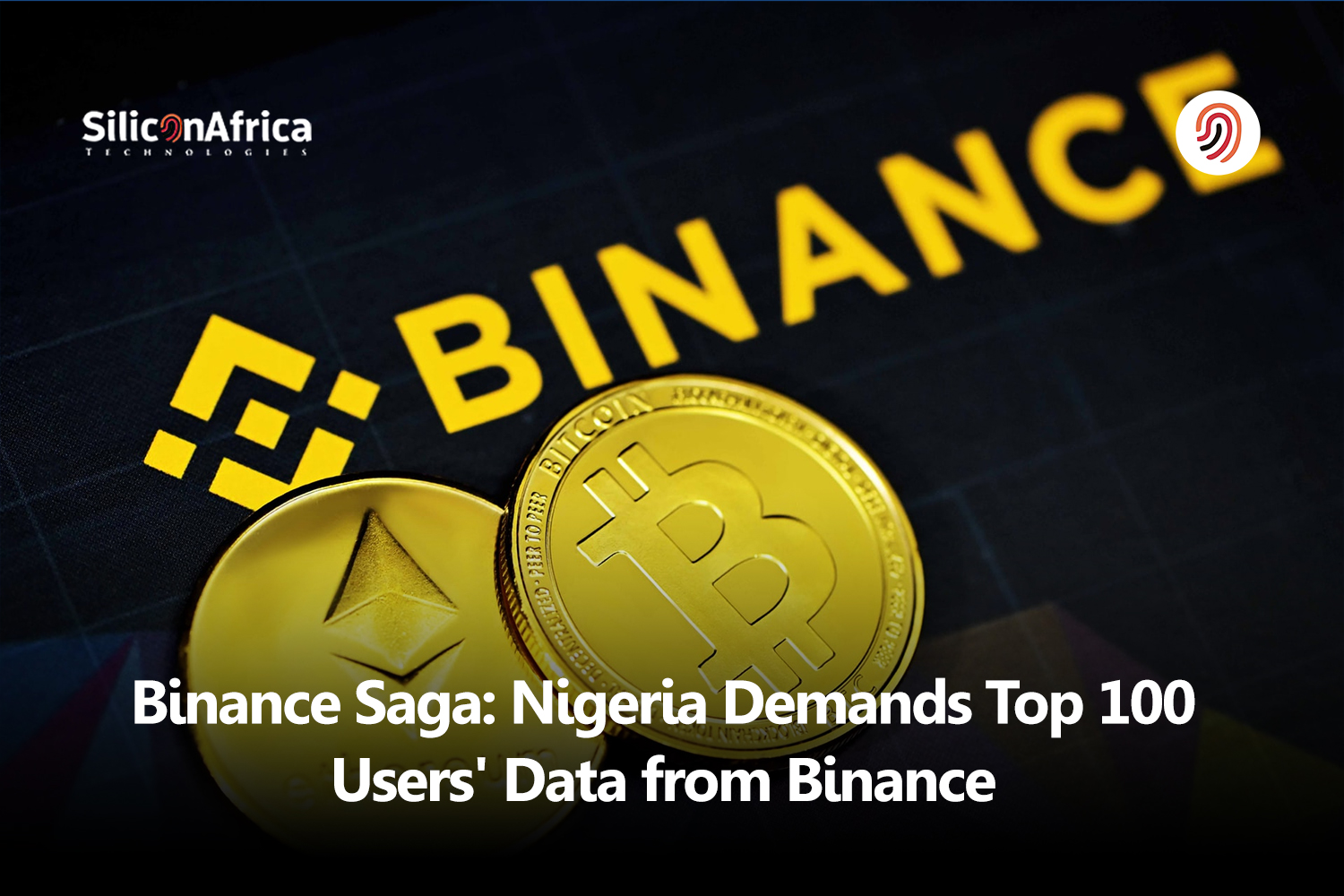Physical Address
60 Ekwema Cres, Layout 460281, Imo
Physical Address
60 Ekwema Cres, Layout 460281, Imo

The conflict between Nigeria and the cryptocurrency company Binance has escalated.
Nigerian officials have requested a large amount of user information from Binance, focusing on the top 100 users in the country.

This unusual demand has caused concern in the cryptocurrency community regarding privacy and regulatory boundaries.
The issue arose when Nigeria’s central bank accused Binance of processing $26 billion in transactions, many of which were not adequately identified.
This accusation triggered an investigation into Binance’s activities in Nigeria, resulting in the request for extensive user data.
According to a report from the Financial Times, Nigerian officials are asking Binance for a detailed set of data. This includes:
Personal Details: This involves information about the top 100 users, which may consist of names, addresses, and other identification particulars.
History of Transactions: They are seeking a full list of all transactions carried out by these users in the last six months. This will give insight into their trading behavior on the platform.
Binance has not yet given a public response to the request for user data.
However, the company has made a notable decision following increased attention.
On March 5th, 2024, Binance stated that it would no longer allow deposits and withdrawals in Nigerian Naira (NGN), stopping transactions with the Nigerian currency.
This action shows the possible outcomes of not meeting the requests of Nigerian authorities.
If Binance does not cooperate with the investigation, it could encounter more limits or even be banned from operating in Nigeria.
Read More: Naira’s Unending Fall: Nigerian Authorities Ban Access to Crypto Exchanges
Many people in the cryptocurrency community are worried about the request for user data.
Critics say that asking for this information violates user privacy.
Moreover, sharing such sensitive data could put users at risk of financial harm and even physical danger.
Legally, the issue is complicated. Authorities need to look into possible financial crimes, but it’s unclear how much they can force a foreign company to reveal private user data.
The existing issue between Nigeria and Binance is a big problem for both sides.
It is important to find a way that meets the requirements of regulatory supervision while also safeguarding user privacy.
Potential solutions may include:
Third-party confirmation: Outside organizations could help with confirming details, reducing the chances of revealing user information directly.
Grouped information: Sharing transaction data in a way that hides personal details could give authorities useful information without violating user privacy.
The result of this saga will have significant effects. It will influence the connection between Nigeria and Binance and show how other nations deal with cryptocurrency rules and user data privacy later on.
This event reminds us of the conflict between cryptocurrency websites and government regulations.
Finding a middle ground between regulation and safeguarding user privacy is crucial for creating a stable and safe crypto environment.